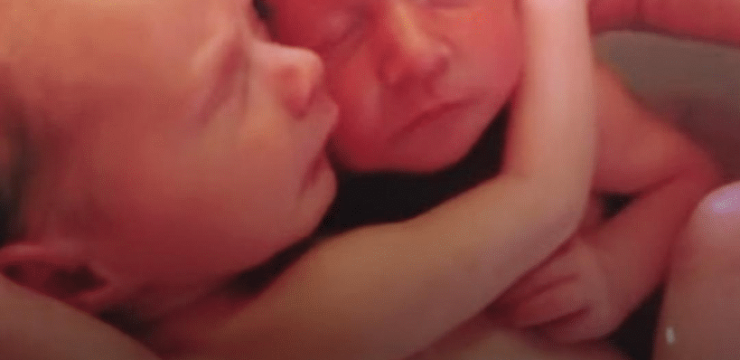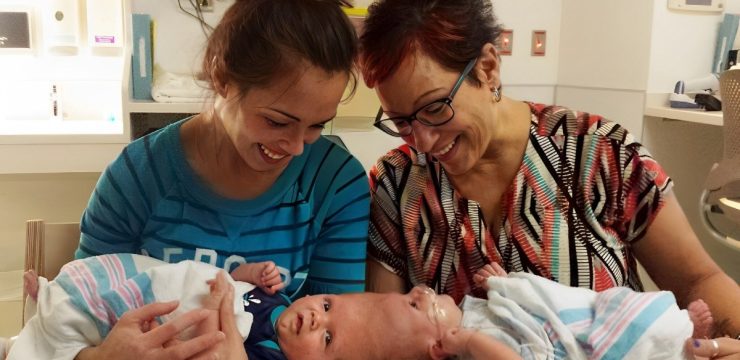Rachel had spent years wondering why her husband, Daniel, limited her to just ten dollars a day when everyone around them believed they were living a life of extraordinary wealth. The couple lived in a beautiful home, drove luxury cars, and appeared to enjoy all the comforts that came with a six-figure monthly income. But behind closed doors, Rachel felt like a prisoner in her own marriage, forced to budget every meal, every errand, every small treat for herself around that rigid ten-dollar bill Daniel would place on the kitchen counter each morning. She never questioned him out loud, but the hurt simmered quietly inside her, day after day, year after year.

After Daniel passed away unexpectedly, Rachel found herself standing inside a small, quiet bank room with a key in her hand. She had never known he kept a safety deposit box, let alone that her name was listed as the beneficiary. When she opened the metal drawer, she expected to find financial documents, maybe titles, or insurance papers. She did not expect what she actually found: a carefully organized stack of envelopes, each one addressed to her in Daniel’s handwriting. Her breath caught as she reached for the first letter, her hands trembling with a strange mix of dread, confusion, and a hint of anger she had carried for years.
The first envelope was dated five years earlier—around the exact time the ten-dollar-a-day routine had started. Rachel unfolded the paper slowly, her heart pounding as she read the opening line. “My Dearest Rachel,” Daniel had written. “If you’re reading this, then I am no longer with you, and I am deeply sorry. There are truths I should have shared, but I didn’t. I hope someday you will understand why I made the choices I did, even if it means you never forgive me.”
Tears blurred her vision as she continued reading. Each letter revealed a man far more complicated than the confident, successful provider she had known—or believed she had known. Daniel confessed that the strict allowance was never meant to hurt or belittle her, though he understood that it had. He admitted that five years earlier he had made a series of disastrous investment decisions, trusting the wrong people, misjudging opportunities, and watching their savings drain away almost overnight. What Rachel—and everyone else—believed was wealth had actually been a fragile illusion.
He explained how the cars were leased because he could not afford to buy them outright. The watches were borrowed from associates or taken on short-term consignment. The expensive gifts their children received were charged to credit lines that carried interest he struggled to pay. The glamorous life he projected, both for their family and for their community, was built on fear—fear of failure, fear of disappointing Rachel, fear of admitting that he had lost so much more money than he could replace.
“I wanted to protect you from the burden of my mistakes,” Daniel wrote. “I wanted to keep the life I promised you, even when I knew I couldn’t afford it. The ten dollars was not punishment. It was all I had available in cash after trying to repair the damage I caused. Every day I told myself that once things improved, I would tell you everything. But I kept failing, and then I became ashamed. I was too proud to show you how much I was struggling.”
As Rachel read letter after letter, she began to see a version of Daniel she had never fully understood—a man who loved deeply but carried crushing guilt, a man who tried to fix everything alone because he believed he had no right to burden her with his failures. He had spent countless nights in despair, agonizing over how to maintain stability for their family while hiding the truth about their collapsing finances.
Inside the box, Rachel also found neatly labeled folders containing financial statements, insurance policies, and written instructions for managing their remaining assets. One envelope in particular made her pause. Inside was a fully developed business plan—the business plan for the art gallery she had once dreamed of opening but abandoned long ago because Daniel always insisted the time “wasn’t right.” It turned out he had been quietly gathering contacts, suppliers, and potential investors to help her start it someday. Even when everything in his life felt like it was slipping through his fingers, Daniel had been planning a future for her.
He had not been hiding another woman, nor had he been hoarding money out of selfishness. He had been hiding his fear, his failures, and the unbearable pressure he carried alone. Every secret he kept was rooted in the misguided belief that protecting Rachel meant shielding her from the truth, even when that truth created distance between them.
By the time Rachel reached the final letter, her anger had softened into something more complex—grief, understanding, and a quiet acceptance of Daniel’s imperfections. She finally understood that the man she loved had struggled not because he didn’t care enough, but because he cared too much and didn’t know how to ask for help.
When she closed the safety deposit box, she felt a shift inside her. For the first time in years, she didn’t feel small or powerless. She felt informed, capable, and ready to rebuild her life on her own terms. She walked out of the bank with her head held high, carrying not just the truth of Daniel’s failures, but the knowledge of his love—a love imperfect, complicated, and human.
Rachel stepped into the sunlight with a renewed sense of purpose. She was no longer a woman controlled by ten-dollar bills. She was a woman ready to create her own future.





